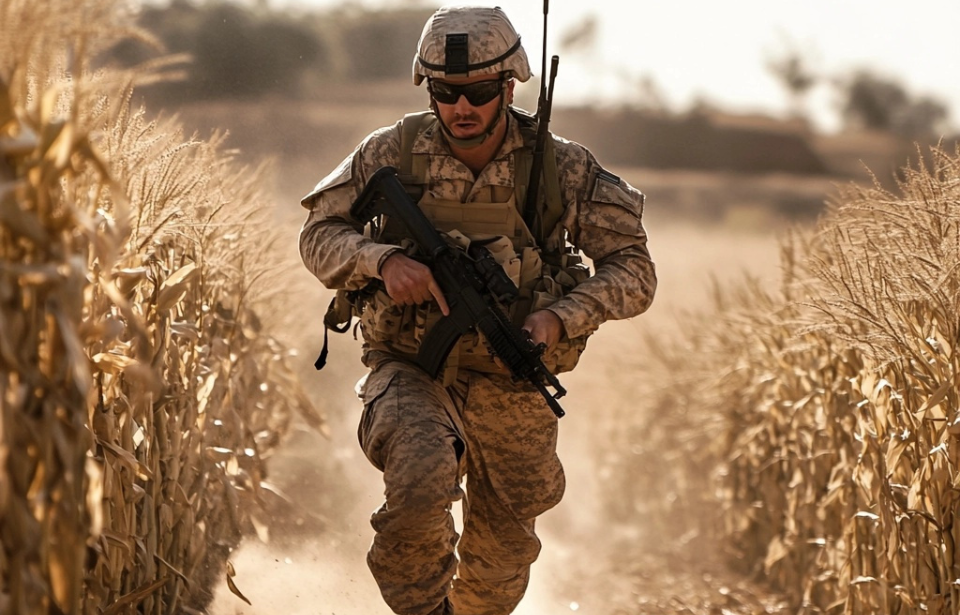Bryan Budd was a professional soldier

Bryan Budd was born in Belfast, Northern Ireland, in 1977, and from a young age, he dreamed of becoming a soldier. In 1996, he began his journey toward this goal by enlisting in the Parachute Regiment, determined to serve with one of the military’s elite units on the front lines of battle.
Budd’s ambition didn’t stop there. He went on to pass the difficult selection process for the Pathfinder Platoon of the 16 Air Assault Brigade. This elite unit, specializing in reconnaissance missions deep within enemy territory, allowed him to play a key role in many combat operations across the former Yugoslavia, Sierra Leone, Macedonia, Iraq and, ultimately, Afghanistan.
Increased Taliban activity in Helmand province
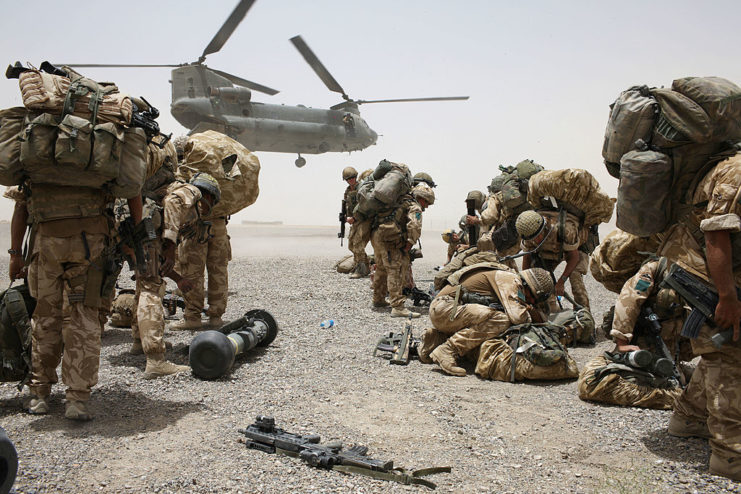
In 2006, Bryan Budd was deployed to Afghanistan’s Helmand province with the 3rd Battalion, Parachute Regiment (3 PARA), as part of a British task force. The region, particularly around Sangin, was notorious for some of the fiercest fighting during the conflict.
The Taliban, having studied Western military strategies, adapted their tactics, becoming more versatile and dangerous. They shifted from long-range engagements to close-quarter battles in an attempt to seize control of Afghanistan’s rural areas.
For Budd, this shift meant his final battle would take place in the dense terrain of a cornfield, with the enemy only a few feet away.
His Victoria Cross citation highlights two acts of extraordinary courage, with the first occurring on July 27, 2006. During a brutal gunfight, his unit found themselves pinned down by Taliban fighters firing from a rooftop. Several British soldiers were wounded and needed immediate medical attention, but the heavy gunfire made it too dangerous to reach them.
Recognizing the urgency of the situation, Budd fearlessly stood up in plain sight of the enemy and ran toward the building. His bold move forced the Taliban fighters to retreat across open ground, where British snipers neutralized them. His selfless action created the opportunity to rescue the injured soldiers, marking the first of two heroic moments that would define his legacy.
Bryan Budd was just five days from home
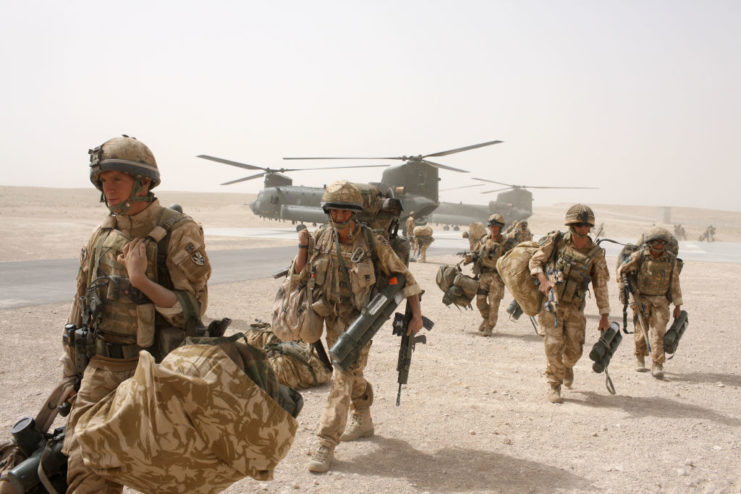
Bryan Budd was supposed to return home on August 25, 2006, but like many in combat zones, his deployment schedule remained uncertain. On August 20, he was in Sangin, a dangerous area where his unit was defending a remote outpost that often came under Taliban attack. Because of the constant threat, the soldiers had to stay sharp and run frequent patrols around the base.
During one of these patrols, Budd led his team through thick vegetation, mostly tall cornfields that made it hard to see ahead. Still, he managed to spot a large group of Taliban fighters just 30 meters in front of them. Hoping to catch the enemy off guard, he moved quickly to flank and strike first.
But before they could act, the Taliban spotted the patrol, and a fierce firefight erupted.
Taliban insurgents versus the British Parachute Regiment
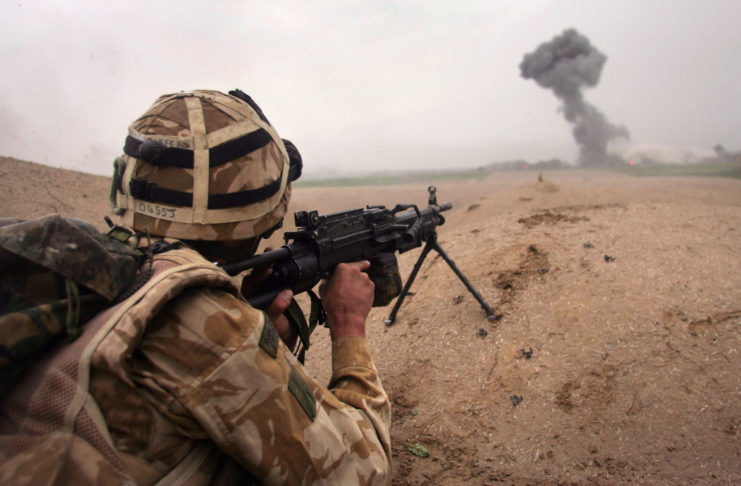
With three of his men wounded, Bryan Budd, once again, recognized the need to regain the initiative and pressed forward with the attack – alone. He rushed through the corn and assaulted the enemy. Despite being wounded in the firefight, he continued the assault, giving his men the cover needed to reorganize.
As a result of this assault, the Taliban militants were silenced and the wounded able to evacuate.
However, there was no sign of Budd as his unit withdrew. He was initially listed as missing in action (MIA) while a quick reaction force assembled to search for him. As the reactionary forces pushed through the vegetation, air power beating back the Taliban, Budd’s body was discovered lying in the field next to three dead insurgents.
Bryan Budd met a tragic end
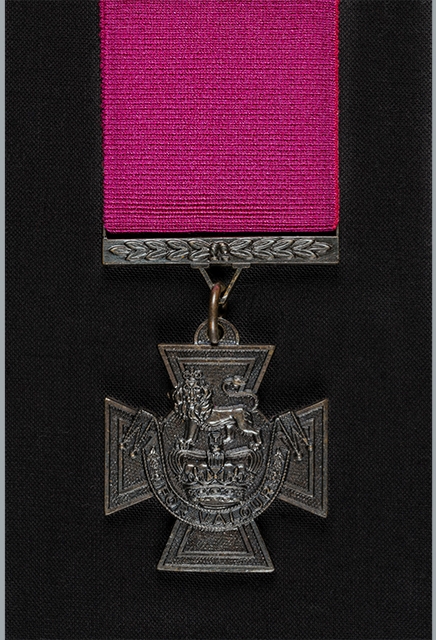
For his actions on August 20, 2006 and a few days prior, Bryan Budd was awarded the Victoria Cross. He was one of less than 20 to receive the honor since the end of the Second World War. A subsequent examination might have proven that the fatal shot came from a 5.56 mm NATO weapon, which indicated friendly fire. However, that only occurred because he saw fit to close in and destroy the enemy.
On not one, but two occasions, Budd deemed it advisable to launch a counterattack and gift violence to the enemy, rather than receive it. An unexpected counterattack disrupts enemy momentum, but often at a great cost to those who pursue it. Budd will rest in the hall of history that recognizes him as a warrior who understood that battle is fought one moment at a time, with little disregard for when you might be going home.
More from us: James Ashworth: The Victoria Cross Recipient Who Gave His Life to Take Out An Enemy Sniper
If it’s indeed the case that Bryan Budd would have returned home with his family in just five days, then history owes him the recognition for conducting such a feat and sacrificing his life for his comrades.
